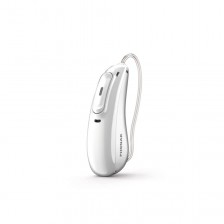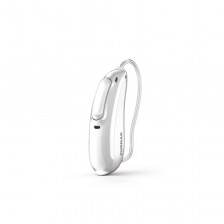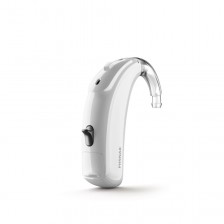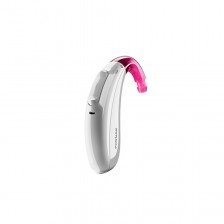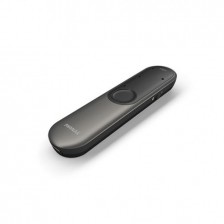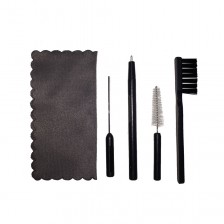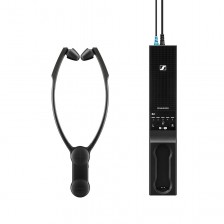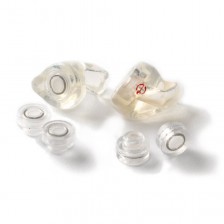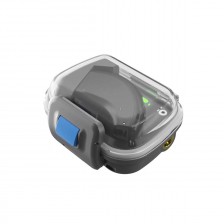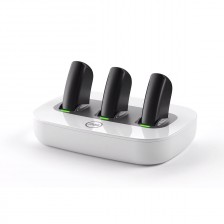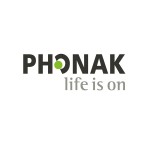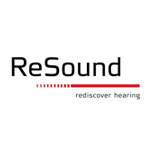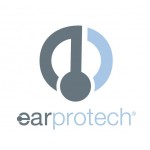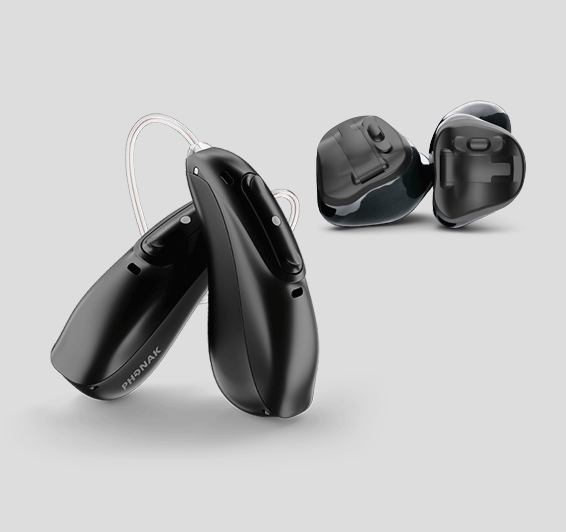Deaf equipment: differences between an amplifier and a hearing aid

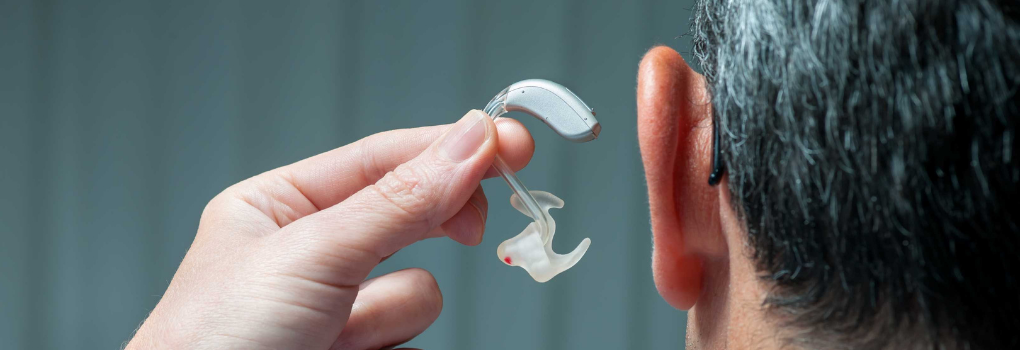
You have noticed for a long time that you listen less but now you begin to clearly perceive the consequences of a hearing loss. You have a hard time understanding your family, you turn up the volume on the TV a lot, you don't listen to certain song notes that you know by heart ... Tired of this situation, you decide to remedy it. You know people who wear hearing aids but it really is not a world you know very well. Therefore, since you do not know almost everything that surrounds your hearing and how you can solve your deafness, you do what we all do today: you search for information online. You find pages that help you understand what is happening to you, reviews of hearing centers, websites that recommend hearing aid models ... Among all this amount of information, you find some products that stand out for their low price and you ask yourself: how can it be if you have always heard that hearing aids have a higher price?
The answer to this question is very simple: because these cheap products that you find for sale are not hearing aids, they are amplifiers.
In this post, we want to clarify what these products are and if they really serve to listen correctly.

Amplifiers and hearing aids are not the same
To see how hearing aids and amplifiers differ, we must focus primarily on what they are for and how they work.
On the one hand, hearing aids objective is to compensate for the hearing loss of its user. On the other hand, amplifiers are simply products that are aimed for people without hearing loss who want to raise the ambient sound at specific moments. At first glance, it may seem that they seek quite similar goals but nothing is further from the truth.
Perhaps it is clearer if we focus on the keyword in the definition of hearing aids that we have told you: compensate. To do this, the hearing aids apply different volumes in the different tones of the sound spectrum depending on how your hearing loss is, using different systems to ensure that these volumes do not bother you and that you understand the conversation as you should. We could say that hearing aids do not want you to listen at a higher volume than normal, but rather that you do it correctly as if you did not have a hearing loss. They try to bring the sound closer to your ear as close to reality as possible. All of this is achieved through a fitting process that, given its complexity, can only be carried out by a hearing care professional.
Instead, amplifiers just do that, amplify the entire sound spectrum equally. They seek to raise the volume of all the sound around you in order to make you hear it louder than it really is. They don't compensate, they don't make you understand better, they just turn up the volume equally regardless of how you listen. They are not personalized devices according to the needs of the user, but they always work in the same way, whatever the case is. For this reason, they are not medical devices (as hearing aids are) but aimed at people with normal hearing who want to hear something louder at a specific moment. In fact, its continued use is considered dangerous for people's hearing health.
One thing to keep in mind: higher does not mean clearer.
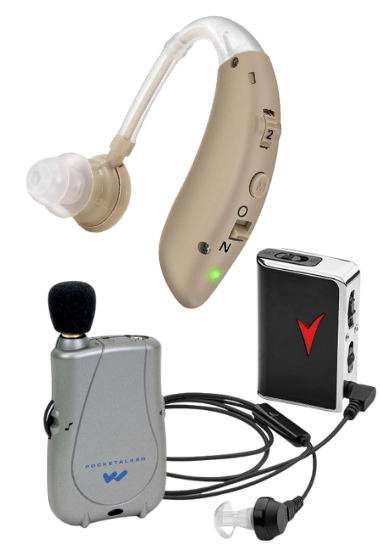
How to recognize an amplifier?
Today, sound amplifiers are designed to physically resemble hearing aids and, in many cases, are advertised with misleading euphemisms. At Claso we want you to be informed and we explain some indications so that you can clearly recognize if they are trying to give you an hoax.
The main indication we already mentioned at the beginning of the post: a ridiculously low price, even more if we compare it with the real hearing aids. For example, at Claso we have the Vitus P, which would be our cheapest hearing aid, priced at € 599. Isn't a device that claims to be the solution to hearing loss worth 5 times less than the cheapest hearing aids suspicious?
A hearing aid will always be described as that, as a hearing aid. Instead, many amplifiers use strange descriptions like hearing solution, sound amplifying hearing aid, hearing aid device… just to avoid telling you clearly what they are.
Hearing aids require personalized programming by a hearing care professional. In this way, any device sold without this service is an amplifier and not a hearing aid. In the world of hearing aids, there cannot be a “buy, turn on and go” product.
Hearing aids can only be sold and programmed by hearing care professionals as they are a medical device. If you find “hearing aids” outside of this field, as in electronics stores, for example, you can already be sure that it is an amplifier.
As you can see, hearing aids and amplifiers are not the same nor do they serve the same purpose. Only a hearing aid can achieve truly satisfactory hearing for a person with hearing loss. We hope this post has served to clarify some possible doubts you may have regarding this issue. At Claso, we will always be ready to clarify any question that may arise. Here we always want that people with hearing loss can find the best solution for their specific case.
